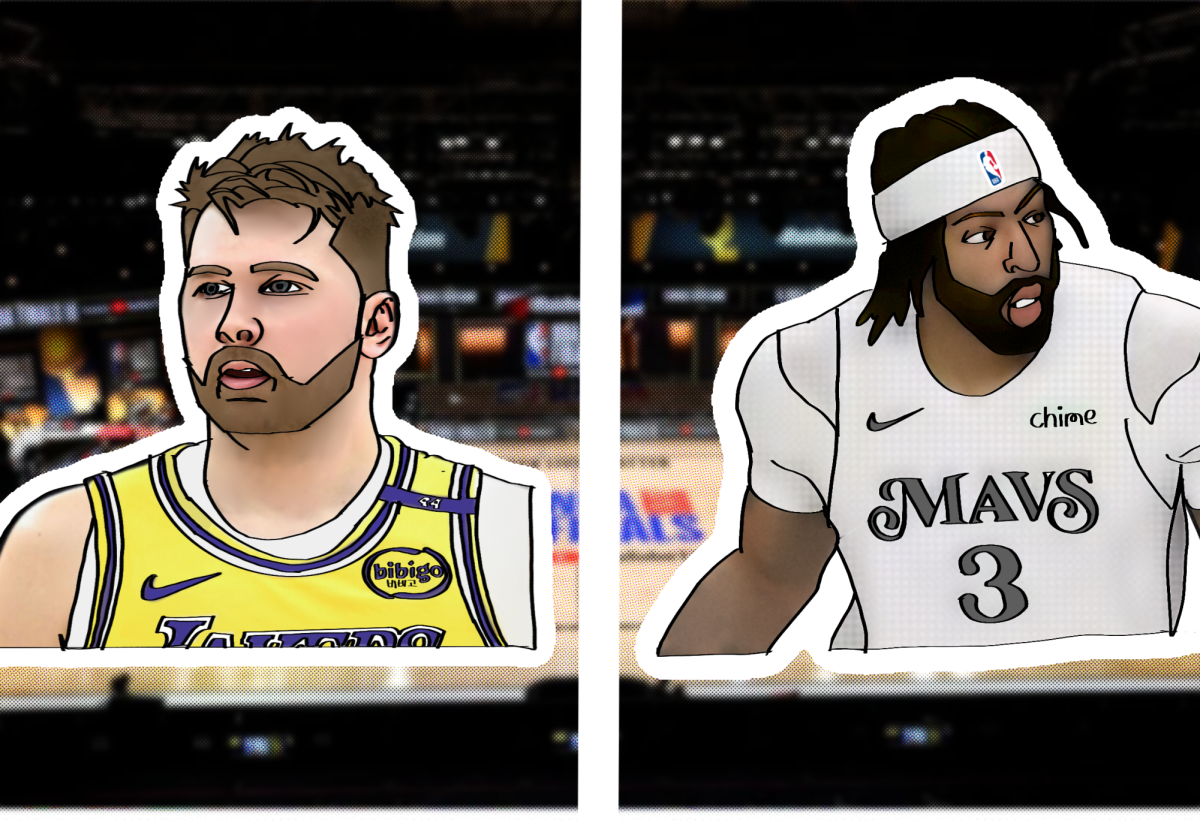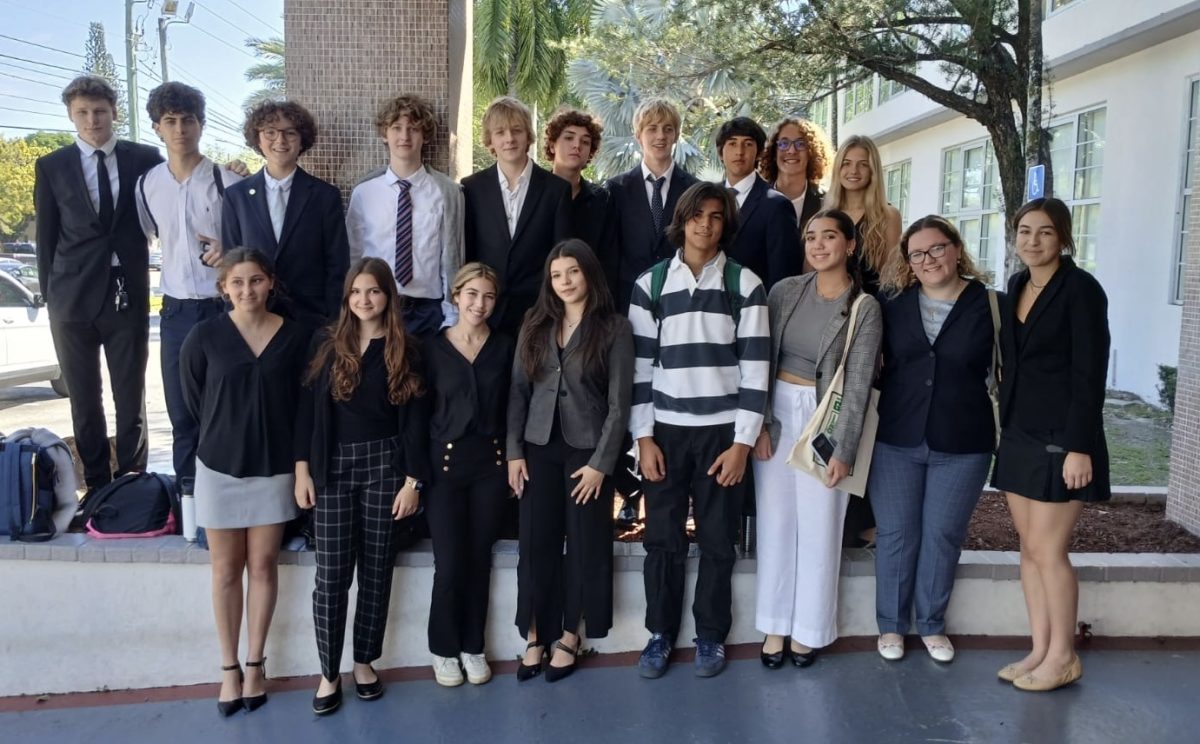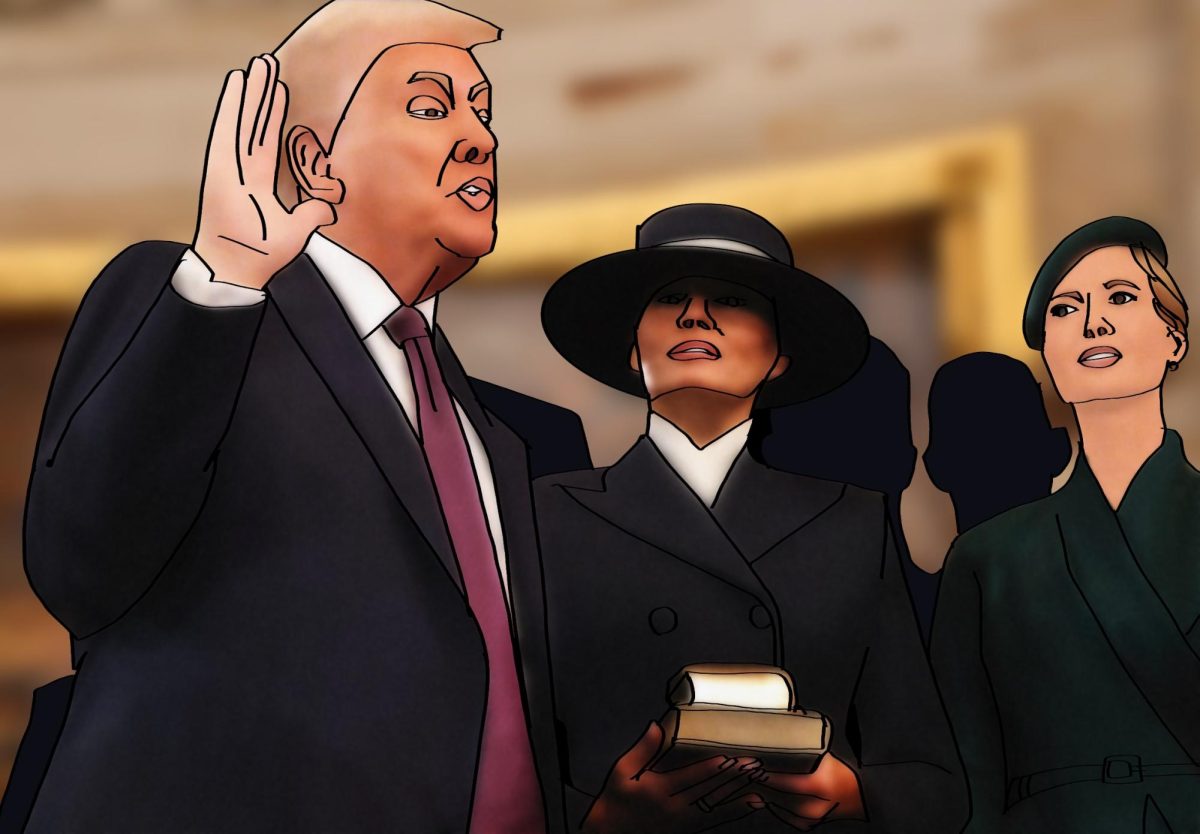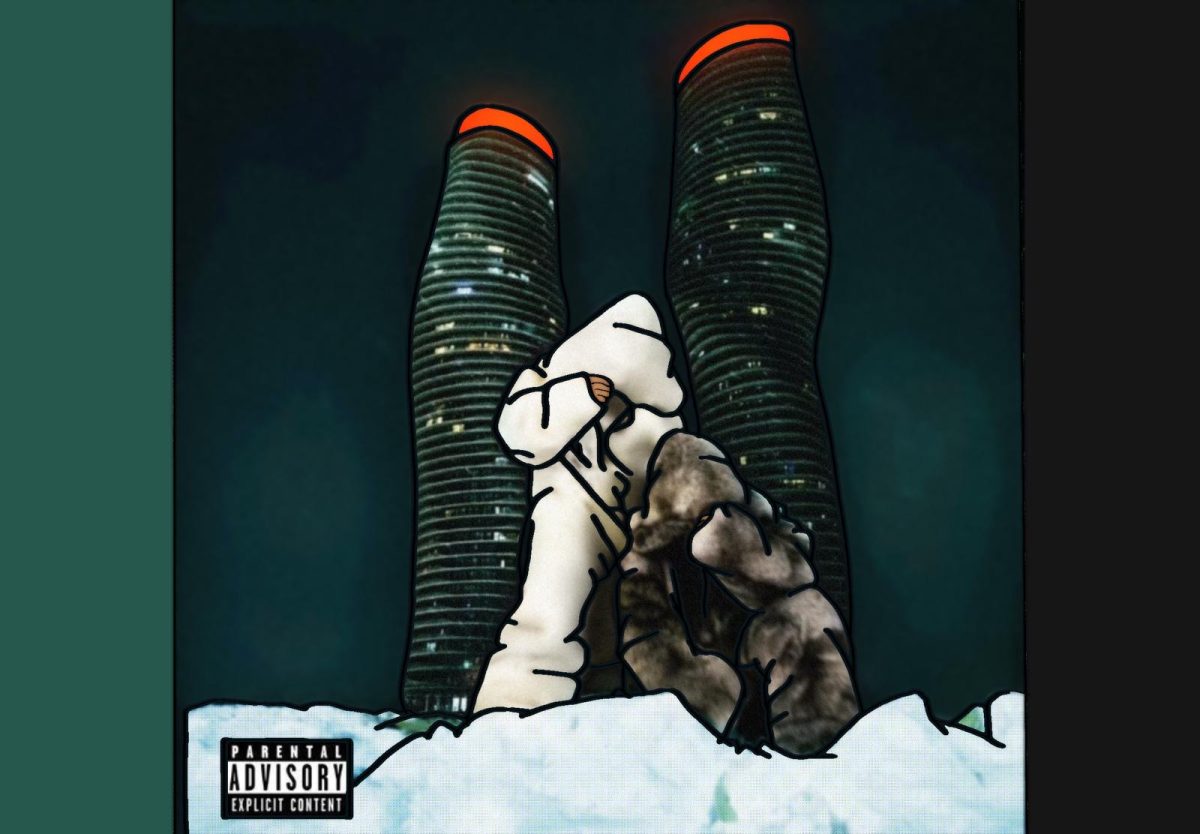What is in Store For The Future of Youtube?
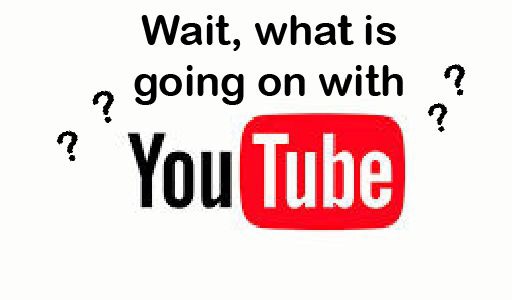
The new year will bring significant changes to YouTube that have the potential to drive away content creators.
Dec 8, 2019
In just one short month, we will be entering a new year, a new decade and also a new YouTube. YouTube is a platform used to watch all kinds of videos from comedies to sport highlights to gaming and just entertaining content all around, but starting in 2020, YouTube will be making some drastic changes that could very well drive away some of their most successful content creators, such as forcing them to label their content as “intended for kids” or “not intended for kids”.
In Sep. 2019, YouTube was fined $170 million dollars from the Federal Trade Commission (FTC) for violating the Children’s Online Privacy Protection Act (COPPA), which was established back in 1998 when the internet began to become popular to children.
Around that time, advertisers began to market their products to kids, resulting in the development of COPPA to keep children’s websites from collecting data from kids under the age of 13 without their parent’s permission and limit advertisement to the “gullible child”.
This should not be a problem for YouTube since the website requires its audiences to be over the age of 13 for you to be allowed to use the site, which is following the COPPA guidelines perfectly. But, over the past couple of years Youtube has been “boasting” about the fact that kids are practically all over the website and, since Youtube has been collecting data for its advertisers, this puts them in direct violation of the COPPA guidelines, resulting in the hefty fine.
“All of the content on YouTube will eventually just be pushed into a middle ground of videos that is not edgy enough to be funny but cannot be too child-friendly either,” sophomore Danny Cen said.
Along with the fine, the FTC is also requiring Youtube to make some serious changes such as requiring content creators to label their videos as “intended for children” or “not intended for children” as part of the settlement.
The problem with this is that videos listed for children are not allowed to be monetized or be able to put targeted ads on those videos, as that will go against the terms of COPPA. Since the majority of income for creators come from targeted ads, doing that will be cutting the revenue of content creators up to 90%.
This creates another problem for all content creators on the platform; every single creator must label all of their videos if they’re intended for children or not by Jan.1, 2020. YouTube has been very adamant that they will not be lending any legal advice to help anyone categorize their videos because, if they were to offer that help to their creators and the FTC disagreed with their opinion, YouTube would be the one held liable.
Because of the uncertainty that creators have on how to properly categorize their videos, the FTC could potentially earn up to $42,000 dollars per video that they feel was categorized wrongly.
The uncertainty comes from the vagueness of what YouTube and the FTC categorize as videos made for children as some include, if they’re intentionally aimed at kids, includes characters, celebrities or toys that appeal to children including animated characters or cartoon figures and if the video contains activities that appeal to children.
There is an abundance of content on YouTube that falls under a “gray area” between juvenile and adult content because of how vague the guidelines are. Some examples are food art; it may not be directed explicitly for kids but some may still enjoy watching it. Another is the animated storytellers on YouTube; they draw fun and adorable characters while telling stories that are relatable to all ages.
This uncertainty could be best described as a legal guessing game where the livelihood of all of YouTube’s content creators are on the line. Just a couple of wrong guesses could potentially ruin the pockets of many and could make your favorite content creator leave the platform for good.
“I feel like it really limits the creativity of many content creators, they know what their content tends to target since they tend to that demographic, but COPPA discriminates in terminating any and all to make sure it’s all child-friendly,” senior Bryan Presentado said.
With all the new changes coming to YouTube in 2020, it would not be unrealistic to see many of the most popular creators on the platform slowly begin to vanish as all the legal problems arising from this will, at the very least, make creators change their content drastically from what made them popular and profitable in the first place.



